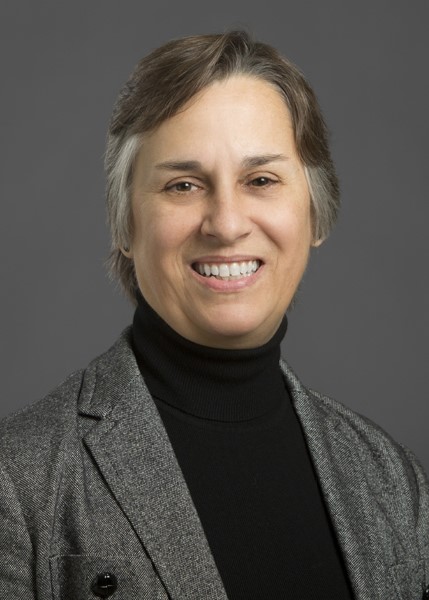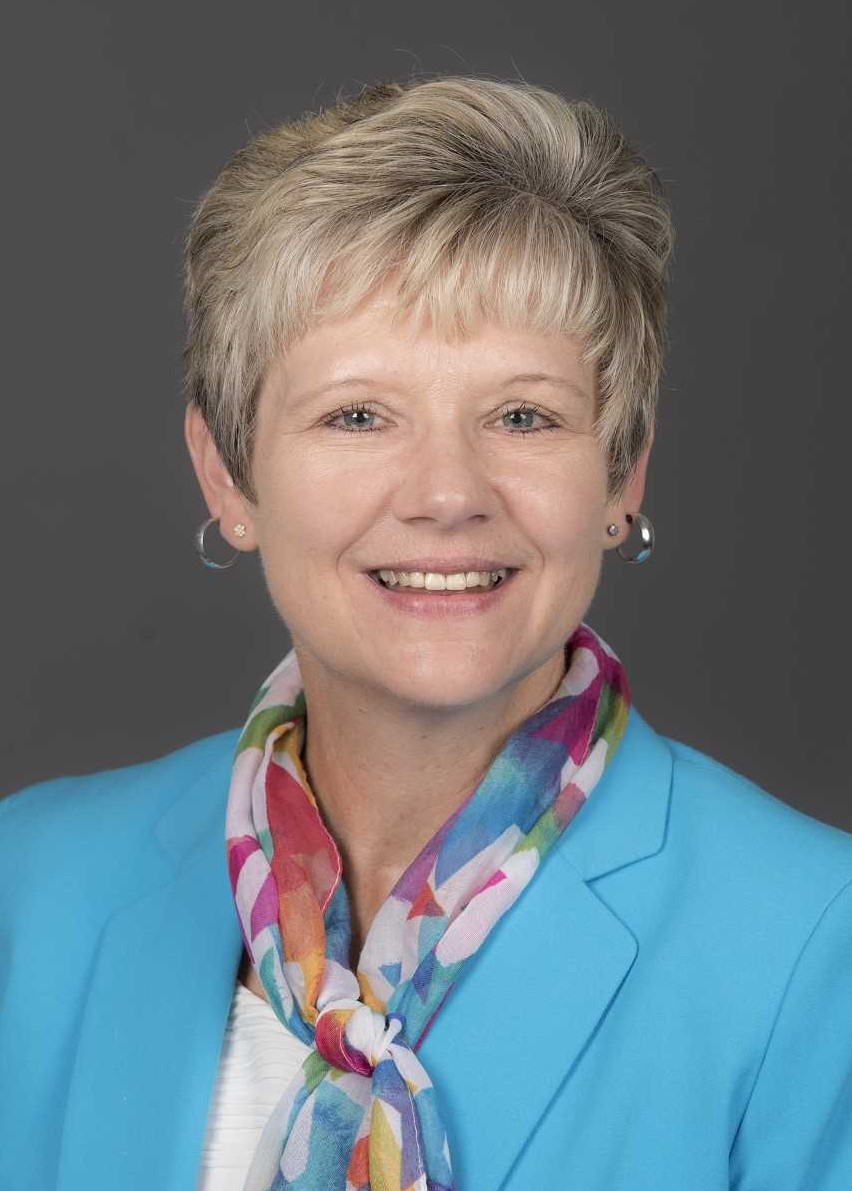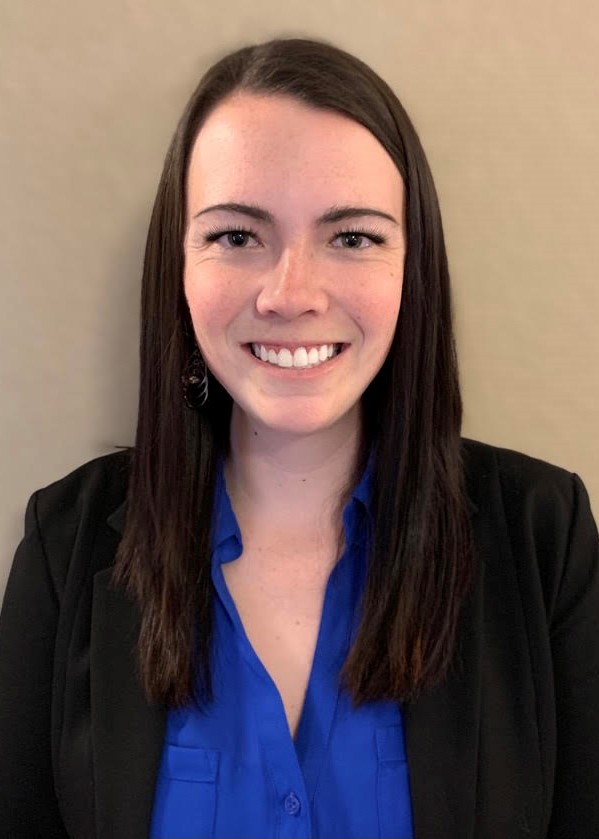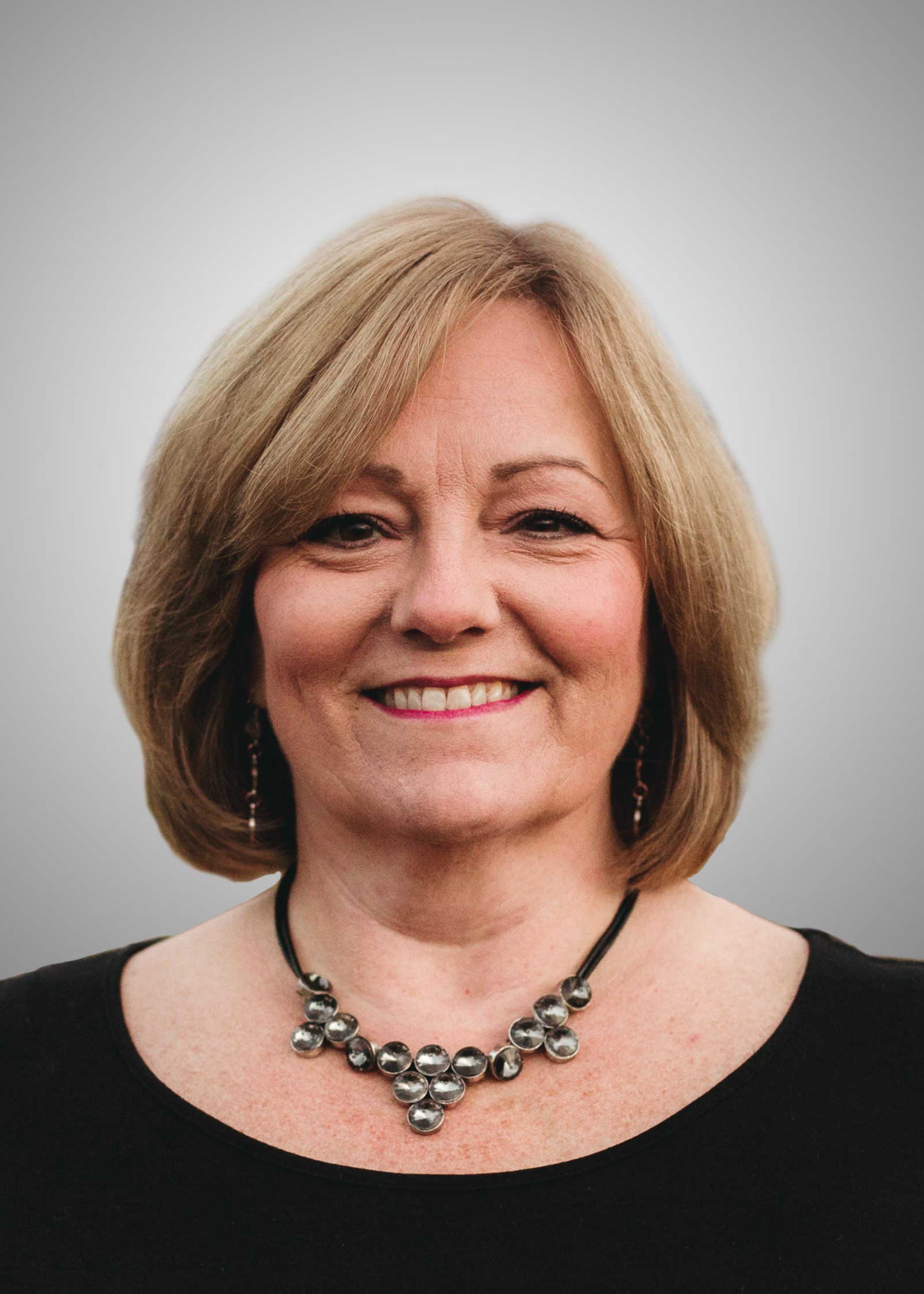Public Health and Population Health: A Distinction with a Difference: Part 1
Webinar Details & Objectives
For the past decade, leaders in health care have been talking about population health and its importance in improving the health of the nation. The simplest definition of population health is "the health outcomes of a group of individuals, including the distribution of such outcomes within the group" (Kindig and Stoddart, 2003). This term is often used seemingly interchangeably with public health-so what does that mean? Is population health the same as public health? If they are different, what are the differences? How do these concepts look in nursing practice-and how can faculty educate nurses effectively in each area, at both entry and advanced practice levels? The new AACN Essentials focus on core population health competencies at both the entry and advanced level of nursing practice. As examples of this, AACN will present two webinars looking at similarities and differences between public health and population health in nursing practice-and nursing education. Part 1 webinar will focus on public health and population health in nursing education at the prelicensure/entry level of education and practice, and Part 2 webinar will focus on population and public health in advanced/specialty nursing practice and education.
This webinar is funded by the Centers for Disease Control and Prevention’s Academic Partnerships to Improve Health.
Objectives
- Compare and contrast population health and public health in nursing education
- Describe key characteristics of public health clinical experiences at the
- Graduate level
- Entry level
- Describe key characteristics of population health in clinical practice at the
- Graduate level
- Entry level
Speakers
 Susan M. Swider, PhD, PHNA-BC, FAAN
Susan M. Swider, PhD, PHNA-BC, FAANProfessor
Community, Systems and Mental Health Nursing
Rush University
Susan Swider is a Professor in the Department of Community, Systems and Mental Health Nursing at Rush University in Chicago. Dr. Swider has practiced in acute care, home health care and public health settings over the past thirty years. Her research has focused on program development and evaluation of community health workers, engaging urban communities in health promotion, and health policy to support health promotion efforts. She has taught public health nursing at the pre-licensure and graduate/specialty level at several universities, and co-directed 10 years of HRSA supported work to develop an online doctoral program in Advanced Public Health Nursing, ensuring that it met the Quad Council competencies for Public Health Nursing practice. She is a member of a number of public health and public health nursing organizations and is a past president of the Association of Community Health Nursing Educators (ACHNE). In her role with ACHNE, she served on the Quad Council for Public Health Nursing organizations and was a member of the Task Force that revised the Competencies for Public Health Nursing (2010-2012). In 2011, Dr. Swider was appointed by President Obama to the Advisory Group on Prevention, Health Promotion and Integrative and Public Health, a group designed to advise on the development and implementation of the National Prevention Strategy. She is also a fellow of the American Academy of Nursing and of the Institute of Medicine of Chicago. In 2016, she was appointed to serve on the Community Preventive Services Task Force of the Centers for Disease Control and Prevention.
 Pamela L. Guthman, DNP, RN-BC
Pamela L. Guthman, DNP, RN-BCAssistant Professor
College of Nursing and Health Sciences
University of Wisconsin - Eau Claire
Dr. Pamela Guthman is an assistant professor at UW-Eau Claire, College of Nursing and Health Sciences. She also has taught the Rural Immersion Nursing Program in the summer for UW-Madison, School of Nursing in rural, northwestern Wisconsin. She has spent her career practicing rural community and public health nursing with a focus on the determinants of health, health equity, poverty, and population health. Dr. Guthman has previous administrative experience with a rural community action agency providing programming aimed at the social determinants of health including domestic violence prevention, youth and mental health prevention initiatives, food pantries, transportation, early childhood education, housing, business development, home health and personal care services. She has experience as an education practice liaison for the Linking Education and Practice for the Excellence in Public Health Nursing (LEAP) project from 2007-2012. She has served on the Wisconsin Center for Nursing’s Board as Secretary, is a Board of Director for Forward Community Investment, and for Workforce Resource, is Vice-Chair of the Wisconsin Health Professionals for Climate Action (WHPCA), has served on the Advisory Committee on Healthy Aging in Rural Towns, and is member of Association of Community Health Nurse Educators, Wisconsin Public Health Association, and American Public Health Association - Public Health Nurse Sections, to provide leadership and support innovative collaborative initiatives aimed at prevention, health equity and population health nursing. She holds AACN board certification in home health nursing, was the 2016 recipient of the Wisconsin Community Action Program Association President’s Award and the Wisconsin Nurses Association Community Service Award. Dr. Guthman was awarded the Dr. Brenda Pfaehler Award in 2017 through UW-Madison's Center for Educational Opportunity. In May 2017, she received the DAISY (Diseases Attacking the Immune System) Award for care, skills, and compassion. In August 2018, the Rita Kisting Sparks Faculty Service Award for exemplary service and leadership was awarded through UW-Eau Claire, College of Nursing and Health Sciences.
 Kaitlyn Moore, BSN, RN
Kaitlyn Moore, BSN, RNDNP Student and Graduate Assistant
University of Wisconsin - Eau Claire
Kaitlyn Moore, BSN, RN is a current DNP student at the University of Wisconsin- Eau Claire, College of Nursing and Health Services. She attended UW- Eau Claire for her undergraduate program and graduated in May 2017. Since graduating, her career has been spent working with the geriatric and underserved populations. Her current role is a RN Care Coordinator working with the Medicaid population in Minnesota. Kaitlyn's previous work experience includes working as a director of nursing at a 75-apartment assisted living facility. She has spent her first year of the DNP program working as a graduate assistant conducting research on breast cancer, virtual clinical experiences, and academic practice linkages within the population health education. She is currently a member of the Wisconsin and American Nurses Associations and the Association of Community Health Nursing Educators.
 Laura Wieloch, MS, RN
Laura Wieloch, MS, RNExecutive Director
Ambulatory Care Management and Population Health
AdvocateAurora Health Care
Laura Wieloch is the Executive Director of Ambulatory Care Management at AdvocateAurora Health Care (AAH). She has been a nurse for over 30 years. Laura has served in various healthcare leadership roles over the past 15 years specifically in Population Health, Care Management, Quality, Home Health and Nursing Education. Currently, as part of the Enterprise Population Health/Integrated Care Management service line at AAH, she is responsible for advancing the strategy of Ambulatory Care Management, partnering with hospital, operational, physician, and executive leaders to execute seamless care across the continuum. In the past 7 years, Laura has developed and implemented care coordination/management services and has grown a successful, adaptive team of clinicians who consistently deliver top tier performance in quality and patient engagement and are deployed strategically across the health system to advance population health and value-based care initiatives. In the past year, Laura has led the advancement and implementation of technology solutions in Enterprise Population Health related to COVID-19 care and Heart Failure Remote Monitoring Programs. She is responsible for the RN Care Management team in primary care, Care Transitions Program for Inpatient and ED discharges, Social Work and Behavioral Health Care Navigation, and Community Based Case Management.
Pricing and CE Credit
This webinar is free to deans, faculty, staff and students from AACN member schools of nursing. All non-member audiences will be required to pay a $59 webinar fee.
Continuing Education Credits
 Eligible attendees may receive one continuing nursing education (CNE) contact hour for participating in this webinar. The American Association of Colleges of Nursing (AACN) is an accredited CNE-provider by the American Nurses Credentialing Center’s Commission on Accreditation. The Association of Schools and Programs of Public Health (ASPPH) works with the National Board of Public Health Examiners (NBPHE) to provide CPH credits.
Eligible attendees may receive one continuing nursing education (CNE) contact hour for participating in this webinar. The American Association of Colleges of Nursing (AACN) is an accredited CNE-provider by the American Nurses Credentialing Center’s Commission on Accreditation. The Association of Schools and Programs of Public Health (ASPPH) works with the National Board of Public Health Examiners (NBPHE) to provide CPH credits.